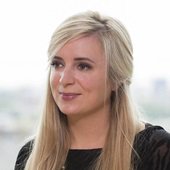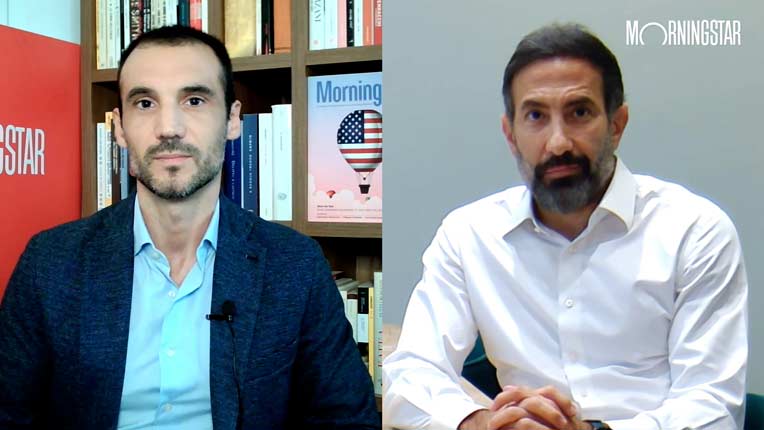
Claudia Calich began her career in 1999 as an emerging markets strategist and has been fund manager of the four-star rated M&G Emerging Markets Bond Fund since 2013. The fund invests in bonds issued by governments or companies in emerging markets such a Russia, Chile and Albania. The fund has delivered annualised returns of 10.3% over the past five years.
What does the fund do?
It reflects our best ideas across emerging markets. We can invest anywhere where we believe we are getting compensated for the risks and fully avoid the places we are not.
What is a bond you’re particularly excited about in the portfolio?
There is no specific bond. I build portfolios that reflect many moving parts in emerging markets, without relying on one particular bond to deliver long-term performance. The idea is not to have the performance dependent on only one bond, but rather, several. That means if something does not pan out as you expected, you will still have other bonds that can deliver.
What is your best ever investment?
Ukrainian bonds. In 2015, tensions between Ukraine and Russia caused a huge sell-off of Ukrainian assets – the economy was in a deep recession, the currency collapsed and bonds were trading at less than 40 cents on the dollar. I went to Kiev on holiday, the flights and accommodation were very cheap as nobody wanted to travel there even though it was perfectly safe. That made me sense an investment opportunity. Bonds looked very cheap, so on my return I decided to step in – they more than doubled in value within six months.
And your worst?
Ecuadorian government bonds in 2007, when a new administration decided the bonds were illegitimate. This meant they effectively decided to default on two out of the three bonds they had issued, which included the one I had invested in.
What’s the bond you didn’t buy that you wish you had?
Mozambique government bonds – they had misrepresented their debt levels and I didn't feel I had enough reliable information to analyse it. They have serious shortcomings on transparency and governance and I decided that the governance aspect was more important. In the end, though, the bonds performed very well.
What’s the most important lesson you’ve learned?
I learned a lesson from the loss I made on the Ecuadorian bonds, which I continue to apply in my decision making today – in emerging markets it is important to distinguish between the ability to pay and willingness to pay. You always need to have a good understanding of the country’s politics, being a good macro-economist is not enough.
What do you do in your spare time?
I love my garden and my allotment. It offers a nice change of pace from the day job and the satisfaction of eating your own produce cannot be beaten.
If I weren’t a fund manager…
I would be a journalist, or perhaps work for a non-profit organisation. Journalists engage with people on a daily basis, have a mastery of detail – similar traits required to work in bond land.
What’s the best thing about this industry?
I find that our goals, for example delivering returns, are very transparent and visible. There is a self-selection process in the sense that if you are an underperformer, you will not survive in this business. But if you consistently outperform, you will get noticed and it is rewarding to know that you are helping investors achieve their investment goals.
And the worst?
It can be a stressful job at times but if you know how to manage stress, and build resilient portfolios capable of navigating short-term market volatility, you will overcome this.




























